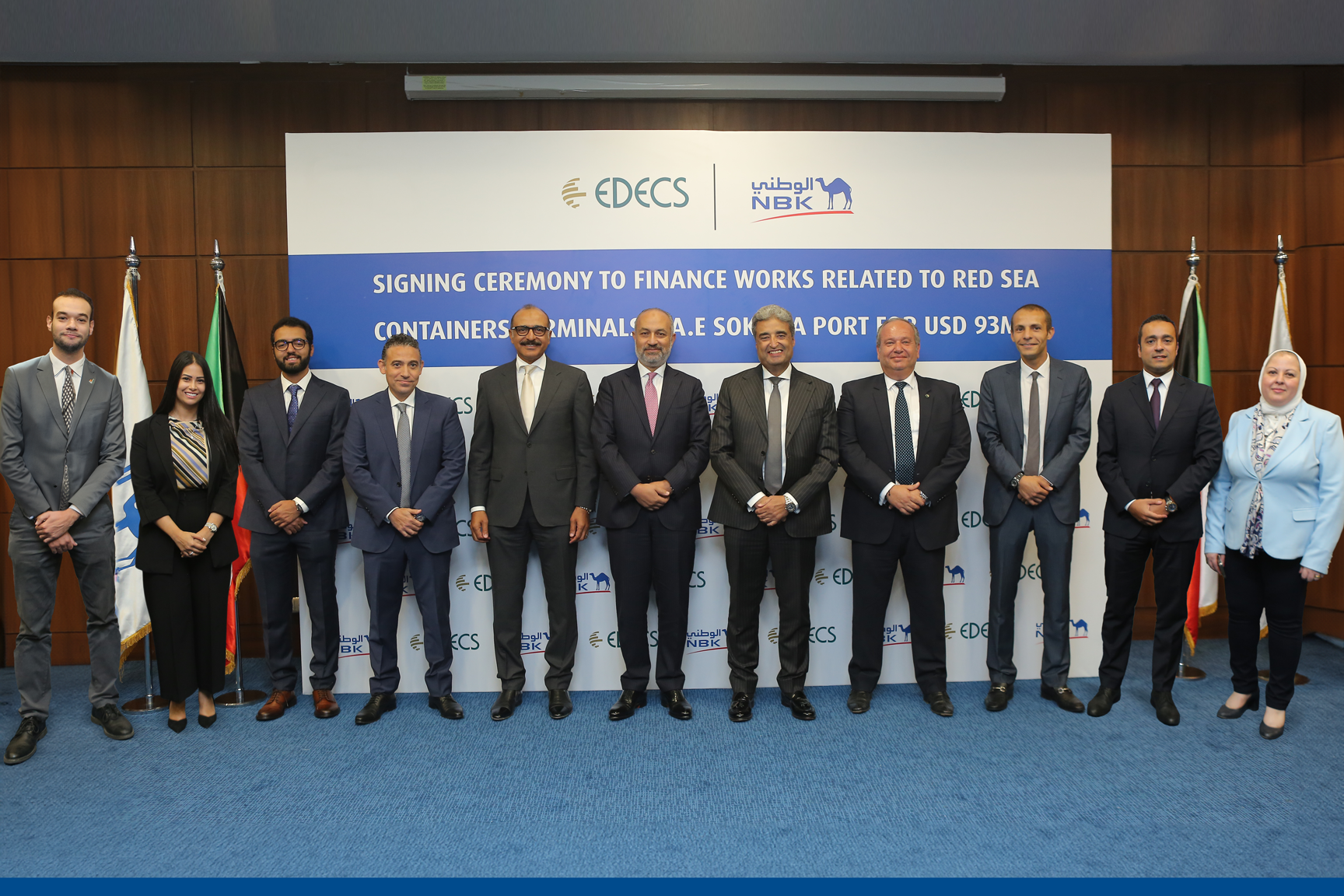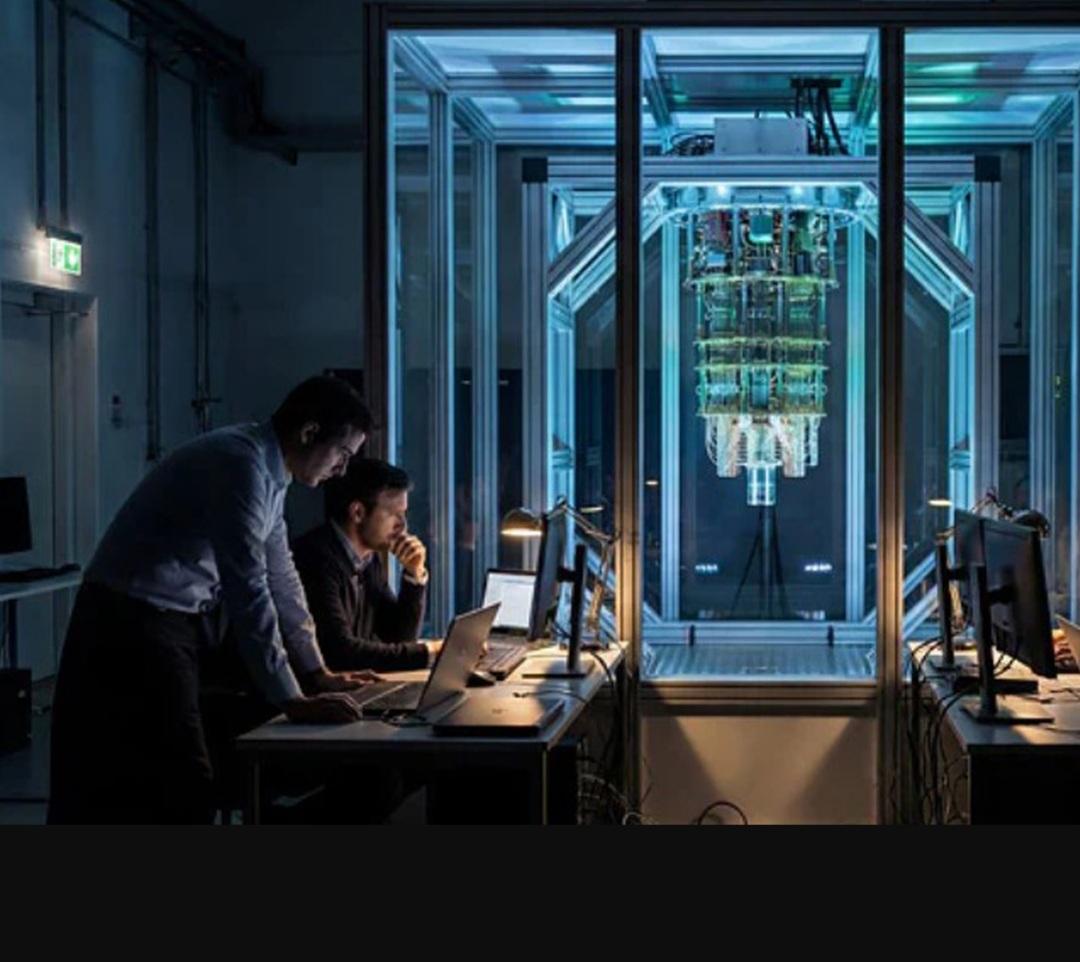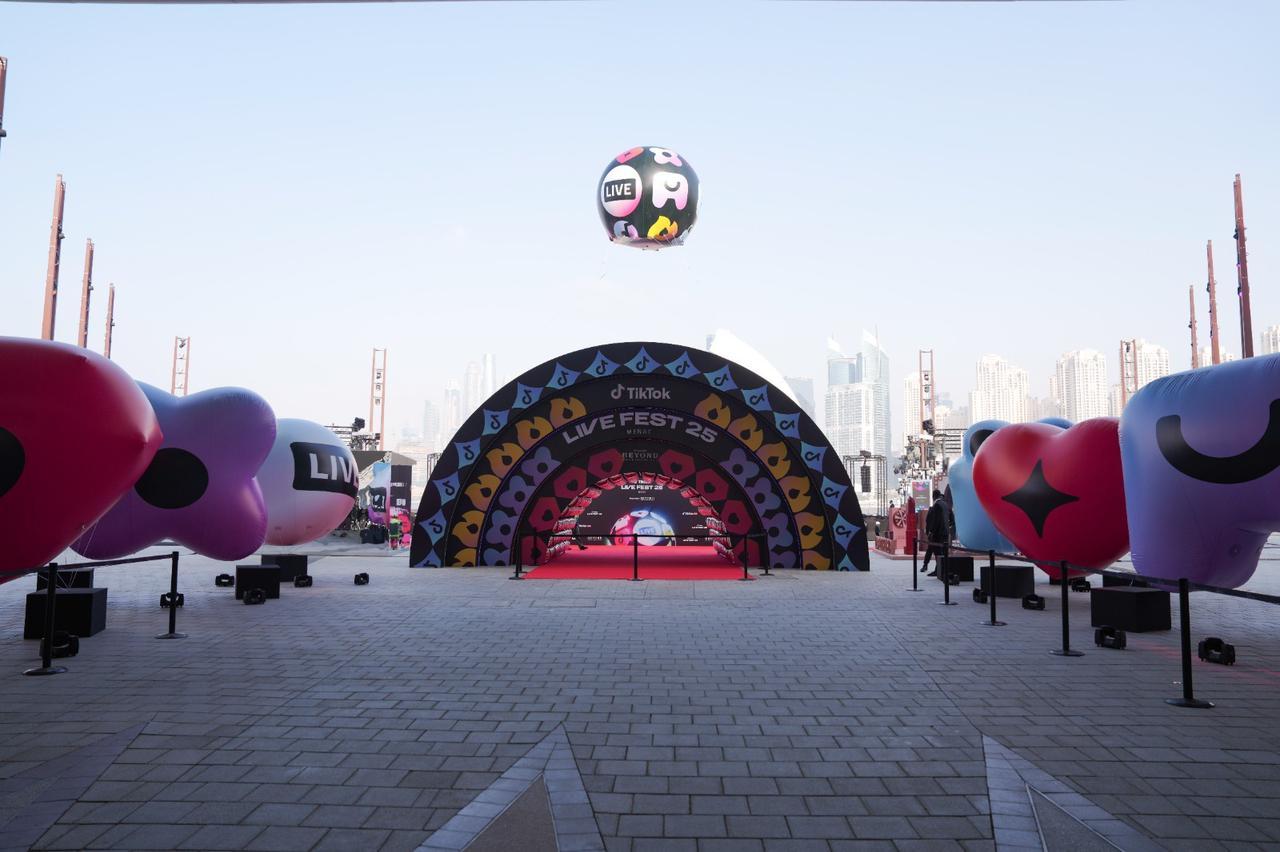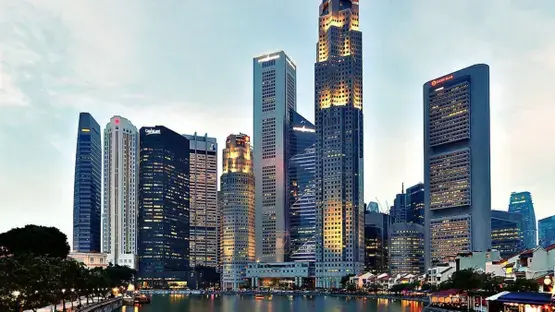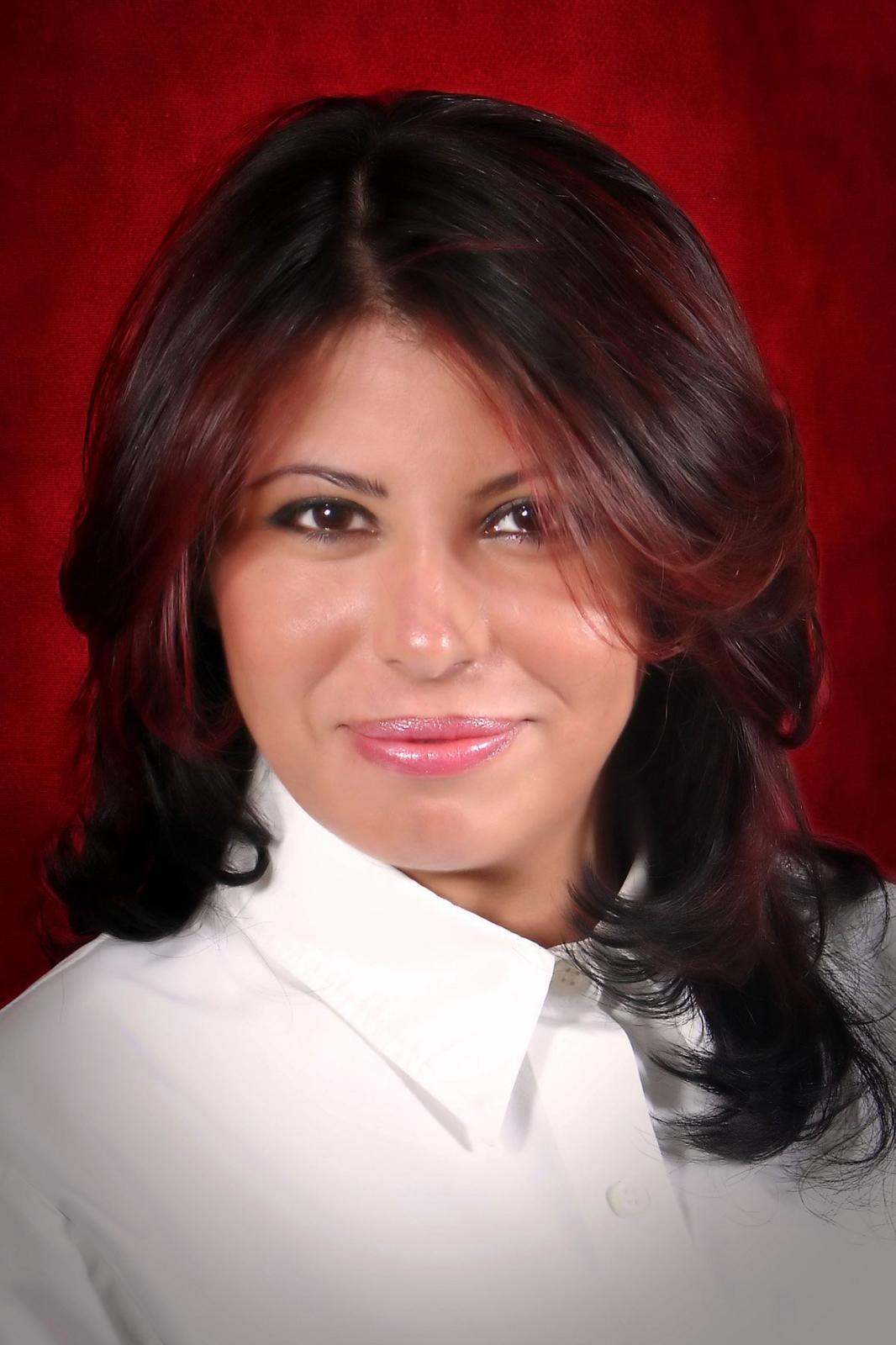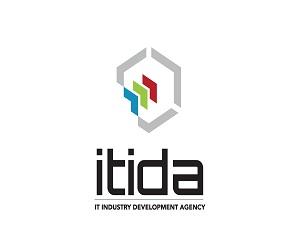By: Mohamed Elkholy
In line with the role of the Egyptian banking sector in the country’s economic development, the National Bank of Kuwait – Egypt has granted EDECS International Engineering and Contracting Company credit facilities totaling $93 million. This funding is intended to support the development of the superstructure and the infrastructure of the container terminals at Ain Sokhna Port, commissioned by the Red Sea Containers Terminals Company. The contract was signed by Mr. Amr El-Alfy, Chief Business Officer of the bank, and Mr. Hussein El-Dessouky, Chairman and Managing Director of EDECS, in the presence of Mr. Yasser El-Tayeb, Vice Chairman, CEO, and Managing Director, Mr. Ahmed El-Shal, Head of Corporate Finance and Syndicated Loans, Ms. Abeer El-Sherif, Assistant General Manager of Corporate Finance and Syndicated Loans, Mr. Amir Ismail, Executive Director of Corporate Finance and Syndicated Loans from the Bank and Mr. Mohamed Abu Heiba – Board Member, Mohamed Naguib - Investments & Corporate Finance Director from EDECS along with senior management and executives from both the bank and EDECS.
On this occasion, Mr. Yasser El-Tayeb stated that the bank’s participation in funding this major project aligns with its strategy to support the state's plans for financing large national projects. Ports are among the most important of these projects, as they stimulate foreign trade activity, reinforce Egypt's status as a key logistical hub in the Red Sea, and positively impact the national GDP and economic growth. Ports are vital to the economic and national security of any country.
Mr. El-Tayeb emphasized that the bank’s successful arrangement of such a significant facility reflects its readiness and capability to finance large-scale projects that support the state's development plans, drive production, create jobs, and contribute to achieving Egypt's Vision 2030.
Mr. Amr El-Alfy noted that the National Bank of Kuwait – Egypt has pursued a clear strategy for several years to support and finance major projects, infrastructure, and sustainable development that assist the state’s future plans for progress and prosperity for all Egyptians. Providing this financing to EDECS exemplifies this strategy, as the project will significantly increase Ain Sokhna Port's capacity by 1.6 million TEUs annually, positioning it as a leading seaport in Egypt.
Mr. El-Alfy further noted that this substantial financing confirms the bank’s confidence in the project’s feasibility and the executing company, which is one of the leading contracting firms in Egypt. This is not the first large-scale project financed by the bank; previous projects include expansions at Damietta Port, the multi-purpose terminal "Tahya Misr" at Alexandria Port, Abu Qir Port, and the Max Port breakwaters, along with other infrastructure projects in electricity, energy, and roads. The bank is also studying several other major projects for future funding.
Mr. Hussein El-Dessouky stated that the strategic partnership between EDECS and the National Bank of Kuwait – Egypt for the Sokhna Port container terminals project is not just a financing operation but a testament to the solid trust in the Company’s technical and financial capabilities. This financing marks the beginning of a strategic partnership that will continue for many future projects in Egypt and the region.
Mr. El-Dessouky added that this ambitious project aligns with the Egyptian Ministry of Transport’s vision to transform Egypt into a global trade hub, reinforcing its status as a regional economic power. The project is more than just constructing a new port; it is a gateway to a more prosperous and interconnected future, in line with Egypt’s vision. EDECS, with over three decades of experience in marine construction and infrastructure projects, is committed to delivering the highest standards of quality, safety, and technology, ensuring that this terminal sets a benchmark for efficiency and sustainability. This project will be a milestone in the economic development of Egypt and the Middle East, building a brighter future for future generations.
